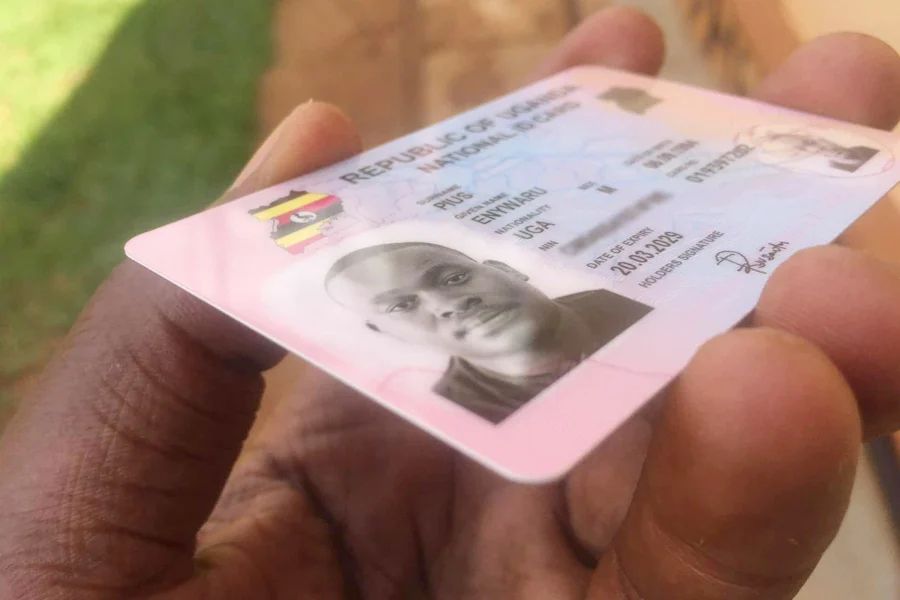The Ministry of Internal Affairs has announced that Ugandans will soon be required to present their National Identification Number (NIN) to access both public and private services. This policy shift is aimed at streamlining service delivery, enhancing security and reducing fraud by creating a centralized identification system.
Brig. Gen. Johnson Namanya Abaho, the Commissioner of Citizenship and Passport Control, made the announcement during a stakeholders’ meeting in Entebbe, which brought together officials from the National Identification and Registration Authority (NIRA), district security officers, and Resident District Commissioners (RDCs) from over 15 districts in the Kampala Metropolitan area. Discussions at the meeting focused on issues related to citizenship, passport control, and the upcoming mass registration exercise.
Namanya emphasized that the National ID would become the foundation for accessing essential services, including healthcare, banking, education, and utilities. He urged Ugandans to ensure that their IDs are valid to avoid difficulties when the policy is fully implemented. “The National ID is the backbone of our identification system. Soon, it will be the key to accessing everything, from healthcare to financial services. Those without an ID or with expired cards will face difficulties in obtaining essential services,” Namanya stated.
The Ugandan government has been working towards digitizing and modernizing its operations, and this policy is part of that broader effort. Since the introduction of the National ID system in 2014, millions of Ugandans have been registered. However, challenges such as delays in issuance, lost cards, and registration bottlenecks have persisted.
Although the Ministry of Internal Affairs has not provided a specific timeline for full implementation, it has committed to rolling out awareness campaigns and mobile registration drives to increase National ID coverage and address concerns about accessibility.
While the policy promises greater efficiency and security, some Ugandans worry about the potential difficulties in implementation, particularly given the historical challenges with ID issuance and renewal. Nevertheless, the government maintains that this initiative will curb fraudulent activities, enhance public service efficiency, and ensure that national resources are properly utilized.
As the country moves toward full enforcement of this requirement, citizens are encouraged to update their National IDs to avoid disruptions in accessing essential services.




